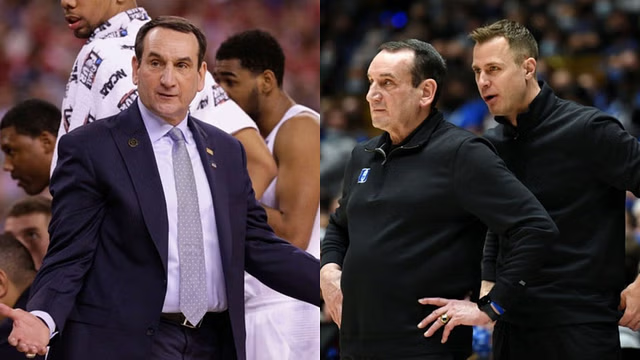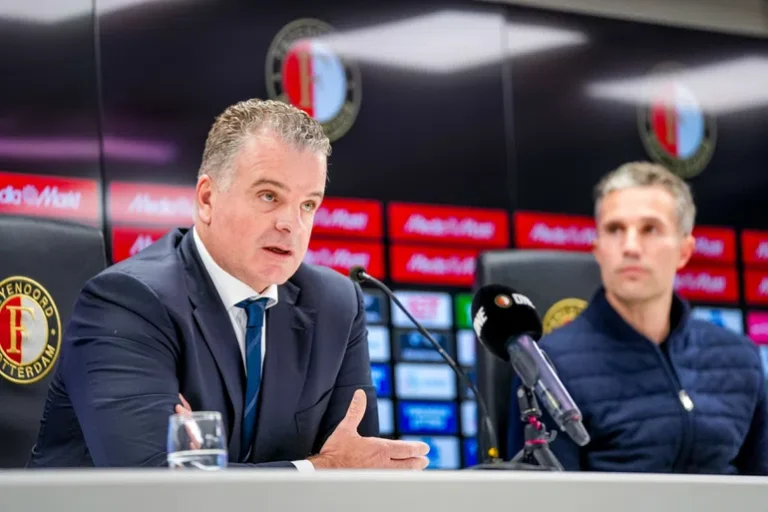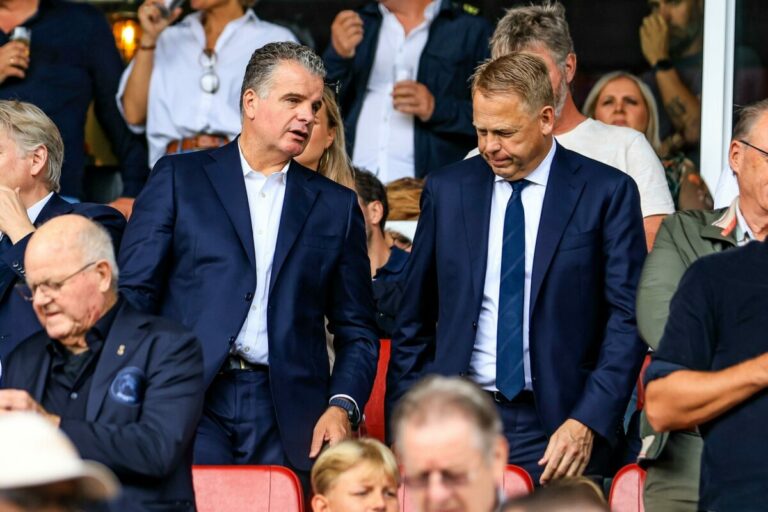
Mike Krzyzewski, better known as Coach K, is widely regarded as one of the greatest coaches in college basketball history. His unprecedented success with the Duke Blue Devils, which includes five NCAA championships, 12 Final Four appearances, and a legacy of developing top-tier talent, has made him a revered figure in the sport. But beyond the trophies and accolades, Coach K credits a key element of his coaching philosophy for the sustained success of his program: the “after-action report.”
In a recent in-depth interview, Coach K broke down what the after-action report means to him and how it became a cornerstone in maintaining Duke’s competitive edge year after year. The concept, borrowed from military and corporate settings, involves conducting thorough evaluations after every game or significant event to dissect what worked, what didn’t, and how the team can improve moving forward.
“The after-action report is all about accountability and growth,” Coach K explained. “It’s not just about winning or losing; it’s about understanding every detail of the game—our execution, decision-making, effort, and focus. We gather as a team, watch film, and have honest conversations. This process allows us to learn from mistakes, reinforce what we did well, and prepare better for the next challenge.”
Coach K emphasized that this rigorous review doesn’t just occur after losses. “Even when we win, we hold ourselves to a high standard. We ask tough questions and make sure we’re not complacent. The moment you settle is the moment your competitors catch up.”
For the players, the after-action report became a vital learning tool that fostered a culture of continuous improvement. Many former Blue Devils have credited this process with helping them mature not just as athletes but as leaders and thinkers on the court.
“It taught us to be self-aware,” said former Duke star and NBA player J.J. Redick. “After each game, we’d break down everything—from the smallest missed assignment to our overall team dynamics. It made us better individually and collectively because we couldn’t hide from the truth. Coach K’s willingness to dissect our performance kept us honest.”
The process involves multiple layers: coaches and players watch game film together, analyze statistical data, and engage in open dialogue about strategy, execution, and mental toughness. Sometimes, guest speakers or sports psychologists are brought in to help the team address specific issues such as handling pressure or building resilience.
Coach K also highlighted how the after-action report was critical in integrating new players each season. “Every year we have a fresh group coming in, and the after-action report helps everyone get on the same page quickly. It reinforces the standards of excellence that Duke basketball demands.”
Moreover, the methodology isn’t limited to on-court performance. The Blue Devils apply it to practice sessions,






